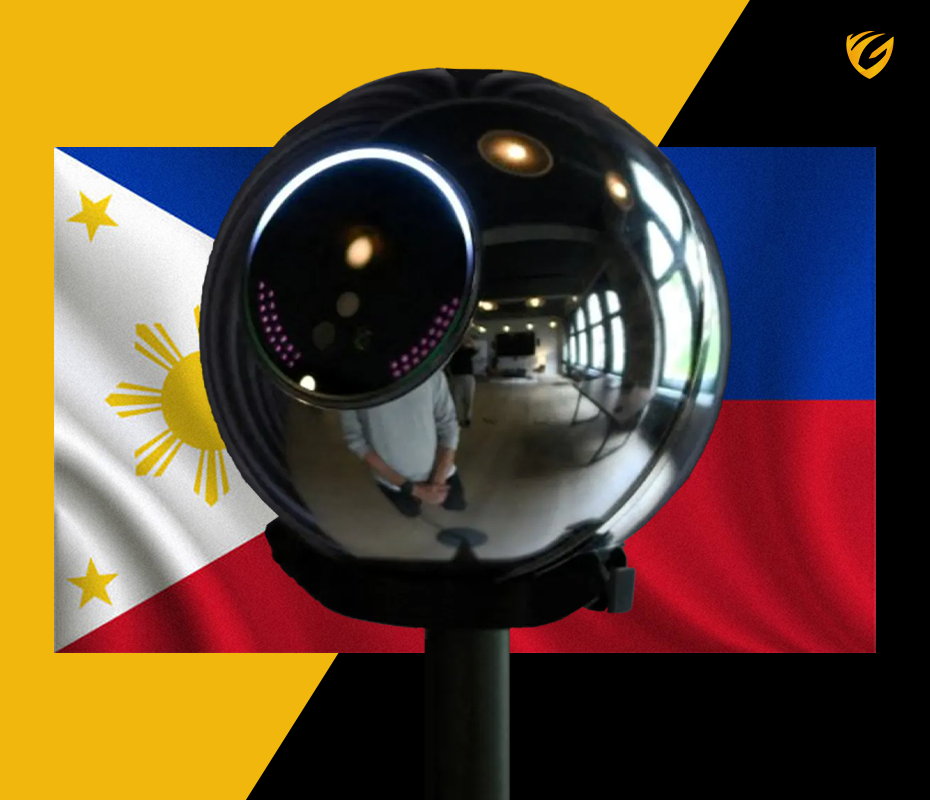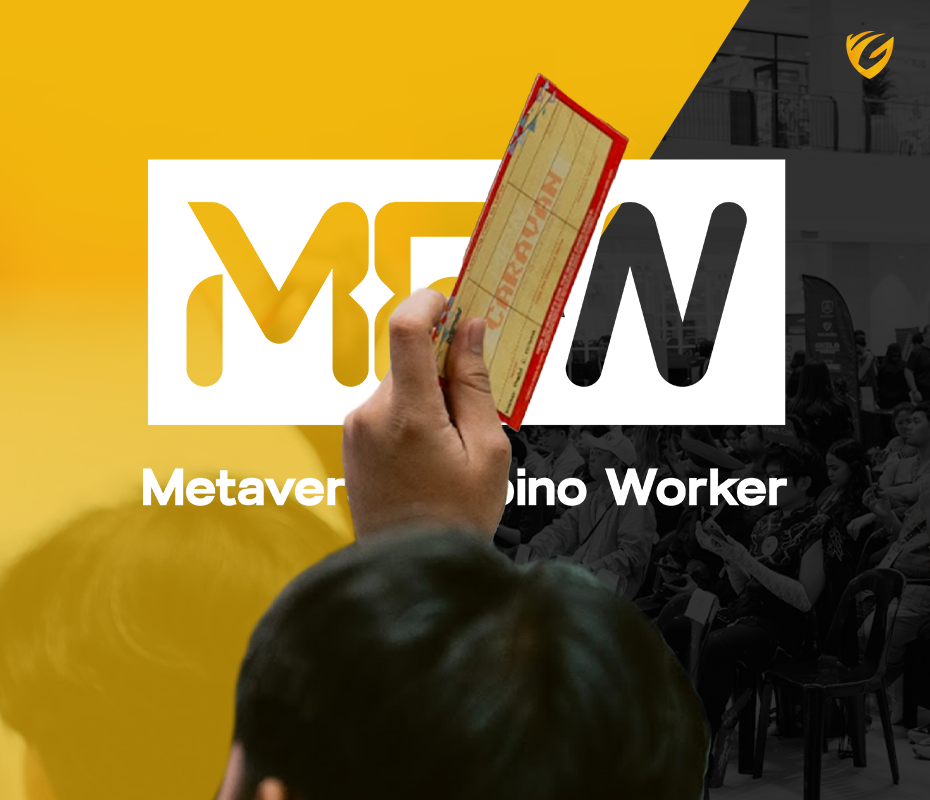AI Revolutionizes Astronomy: From Data Processing to Cosmic Understanding
By James Pebenito • October 6, 2023
AI Revolutionizes Astronomy: From Data Processing to Cosmic Understanding
It’s appropriate to consider how artificial intelligence (AI) is influencing astronomy and space research as we commemorate the 66th anniversary of the space age during World Space Week 2023. With the help of artificial intelligence (AI), astronomers can now solve cosmic puzzles and produce amazing discoveries. We explore the significant effects of AI on astronomy in this piece.

Organizing the Cosmos
Raw, unprocessed astronomical data is frequently received from space telescopes such as the Hubble Space Telescope and the James Webb Space Telescope. There are many mistakes, pollutants, noise, artifacts, and clutter in the foreground of these early photos. It takes considerable effort to turn these jumbled photos into distinct, scientifically useful images.
Astronomers have historically processed and refined this data using automated tools and human labor. However, more effective techniques are required because of the vast abundance of astronomical data. AI can help in this situation.
More and more artificial intelligence is being used to optimize the data processing pipeline, especially machine learning techniques. AI is capable of quickly spotting and removing inaccurate or unnecessary components from unprocessed astronomical photos, resulting in results that are well-presented and pertinent to science. In April 2023, for instance, a photograph of the supermassive black hole at the heart of galaxy Messier 87 (M87) was given a revolutionary “makeover” by a machine learning system, which produced an incredibly clear representation of the black hole’s complex structure.
Cosmic Applications of AI
AI has a greater impact on astronomy than just data processing. Numerous uses for AI that could advance our knowledge of the cosmos are being investigated by researchers.
The hunt for extraterrestrial life is an interesting direction to pursue. Artificial intelligence (AI) systems are being used to find possible signs of life on planets like Mars. These algorithms can identify telltale indicators that point to the presence of life forms by analyzing complex data, such as the chemical composition of distant planets or the composition of Martian soil.
AI is also helping to solve some long-standing riddles about the Sun, our own star. Researchers are using artificial intelligence to help them understand why the Sun’s corona, or outer atmosphere, is mysteriously hotter than its surface. AI provides new light on this solar mystery through the processing of enormous information and the modeling of intricate processes.
Moreover, AI is rewriting stellar evolution textbooks. Neural networks are being used by astronomers to predict star ages with previously unheard-of accuracy. These AI-driven discoveries could fundamentally alter how we think about the life cycles of astronomical objects.
Improved Cosmic Exploration through AI
AI is proving to be extremely important for space exploration beyond Earth. AI algorithms are being used by autonomous spacecraft and rovers to negotiate hazardous terrain and make snap decisions when traveling to celestial planets.
AI is being used more and more by cosmologists in their studies to investigate the basic properties of the universe. The investigation into the mysteries of dark matter, dark energy, and the universe’s ultimate fate is aided by AI-driven simulations and data analysis.
In conclusion, it is clear that artificial intelligence (AI) has emerged as a crucial friend for astronomers and space explorers as we celebrate the accomplishments of the space age. Artificial intelligence (AI) is advancing humanity into a new era of cosmic understanding and adventure, from cleaning up raw data to unlocking the secrets of the universe. The combination of astronomy with artificial intelligence holds great promise for amazing new discoveries about the universe in the future.



